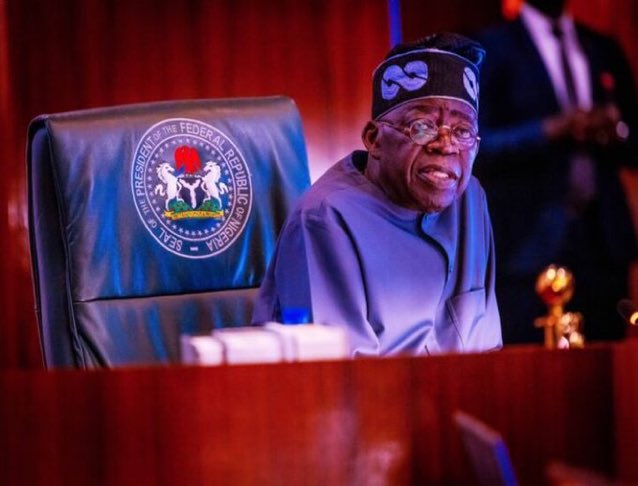In a notable move, Bola Tinubu’s expressed preference for lower interest rates has set the stage for a potential test of the Central Bank of Nigeria’s (CBN) stance on tightening monetary policy. This advocacy by the influential political figure signals a nuanced approach to economic policy, particularly in the context of managing interest rates to stimulate growth and navigate economic challenges.
Tinubu’s call for lower interest rates aligns with a broader economic strategy that emphasizes the importance of making credit more accessible to businesses and individuals. Lower interest rates can stimulate borrowing, investment, and overall economic activity. However, the CBN’s current stance on monetary policy tightening reflects efforts to curb inflationary pressures and maintain financial stability.
The potential clash in perspectives between Tinubu’s preference for lower interest rates and the CBN’s commitment to monetary policy tightening raises questions about the delicate balance required to address both inflation and economic growth. It underscores the challenges faced by policymakers in navigating multifaceted economic objectives.

Lower interest rates typically encourage spending and investment, fostering economic expansion. However, in an inflationary environment, reducing interest rates could exacerbate price pressures. The CBN’s focus on tightening monetary policy aims to control inflation and ensure the overall stability of the financial system.
Tinubu’s influence in the political and economic landscape introduces an additional layer of complexity to this scenario. As a key political figure with a significant following, his stance on economic issues carries weight and may influence public discourse and policy considerations.
The CBN, as the primary monetary authority, must carefully weigh the trade-offs between stimulating economic growth and managing inflation. The central bank’s response to Tinubu’s advocacy will be closely watched, as it may provide insights into the ongoing dynamics shaping economic policy in Nigeria.
This development also highlights the importance of constructive dialogue between political leaders and economic policymakers. Collaborative efforts that take into account diverse perspectives can contribute to well-rounded and effective policy decisions that address the complexities of the economic landscape.
As Infostride News continues to monitor this situation, we will provide in-depth analysis, expert opinions, and updates on how these divergent views on interest rates may shape economic policy discussions and decisions. The outcome of this dynamic could have far-reaching implications for the Nigerian economy, influencing investment, inflation, and overall economic stability. Stay tuned for comprehensive coverage as this story develops.
Support InfoStride News' Credible Journalism: Only credible journalism can guarantee a fair, accountable and transparent society, including democracy and government. It involves a lot of efforts and money. We need your support. Click here to Donate
